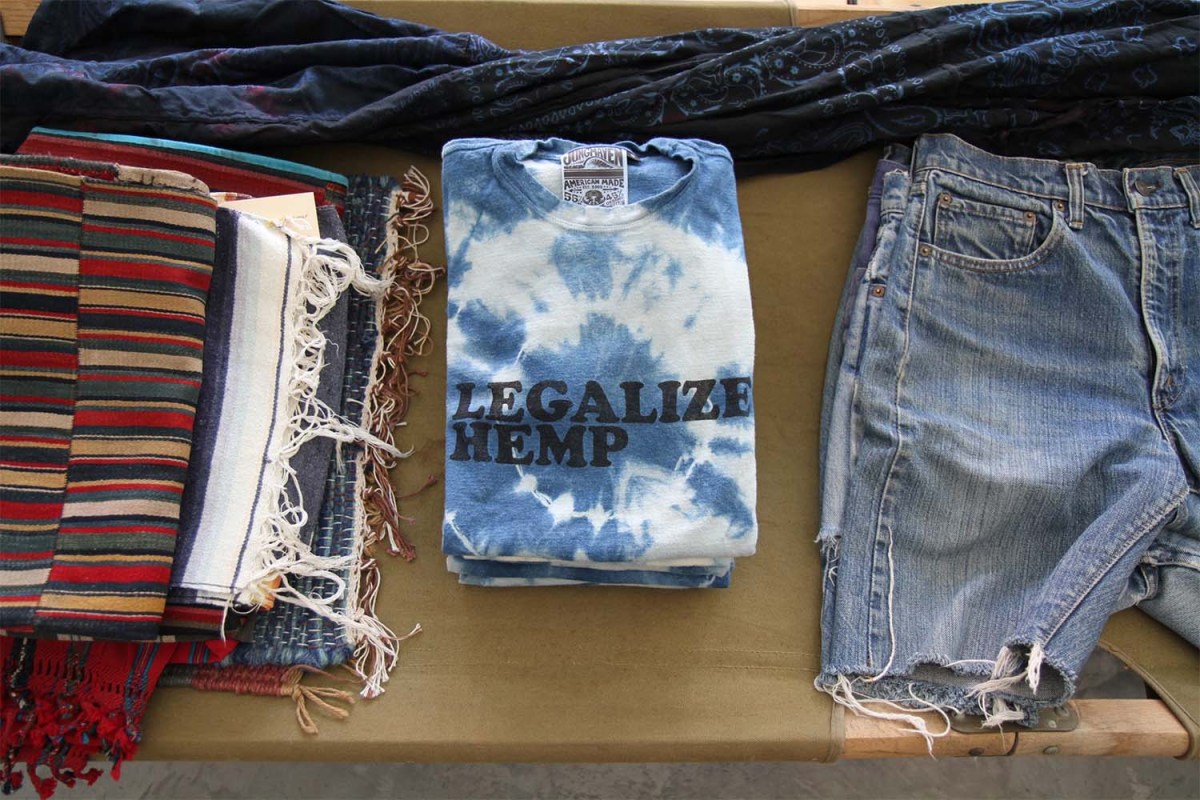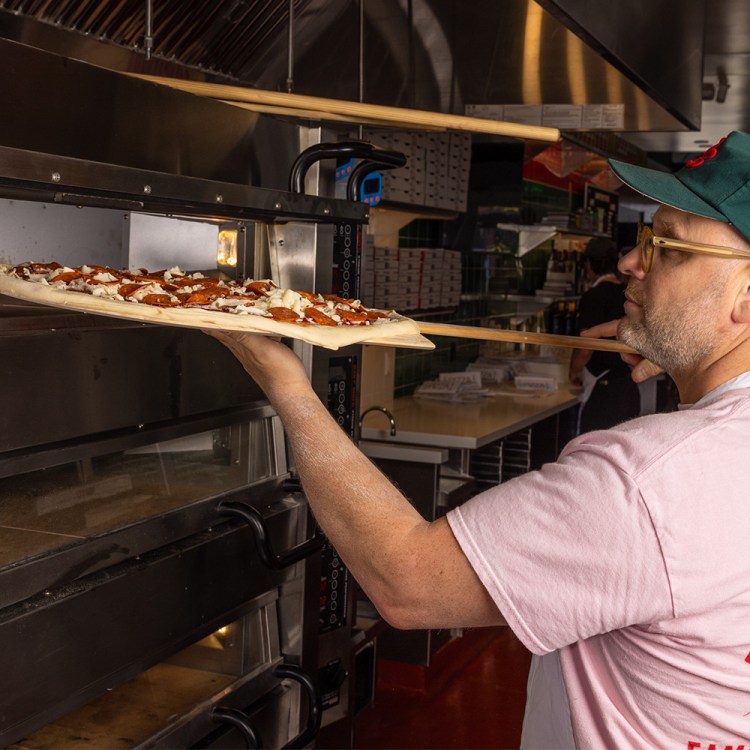Capitalism is often construed to be at odds with environmentalism, and nowhere is that more evident than in the fashion industry. The more we consume, the more pressure we place on the planet, and an industry that prides itself in releasing new wares twice a year to replace ones that are still in perfect working order makes for an easy scapegoat.
It’s a fair point. As Dana Thomas points out in her new book, Fashionopolis: The Price of Fashion and the Future of Clothes, every kilo of cotton requires a kilo of chemicals and harmful synthetics to produce. Couple that with the fact that the average garment is worn seven times (which then goes to a landfill, seeping synthetics into the water table) and you’re left with a fairly vicious cycle.
But capitalism has its benefits: it encourages innovation, and it gives consumers the freedom to choose how to spend (or not spend) their money. Voting with your dollar is one of the easiest ways to make a difference, not only by, say, supporting your community and shopping locally, but also by demanding better, more sustainable processes from manufacturers and rewarding those who abide.
Last year we reported on how Levi’s was doing this with their production in LA. Today, we’re taking a look at five more LA-based companies that are each championing sustainability in their own unique ways.
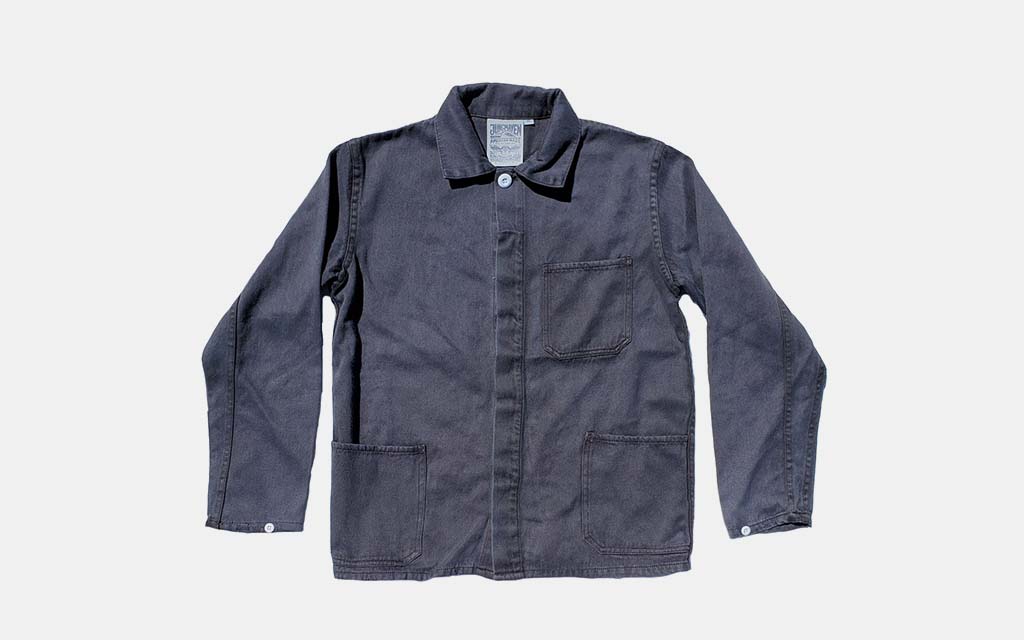
The Hemp Mavens: Jungmaven
Where as cotton is water-thirsty, hemp grows like a, uh, weed, making it a very sustainable fiber. It soaks up carbon dioxide at a rate of 22 tons per hectare. Jungmaven looms hemp with soft, earthy pantones, and the fabric is naturally antimicrobial. That means you can get several wears before needing a wash — one more way it’s easier on the earth.
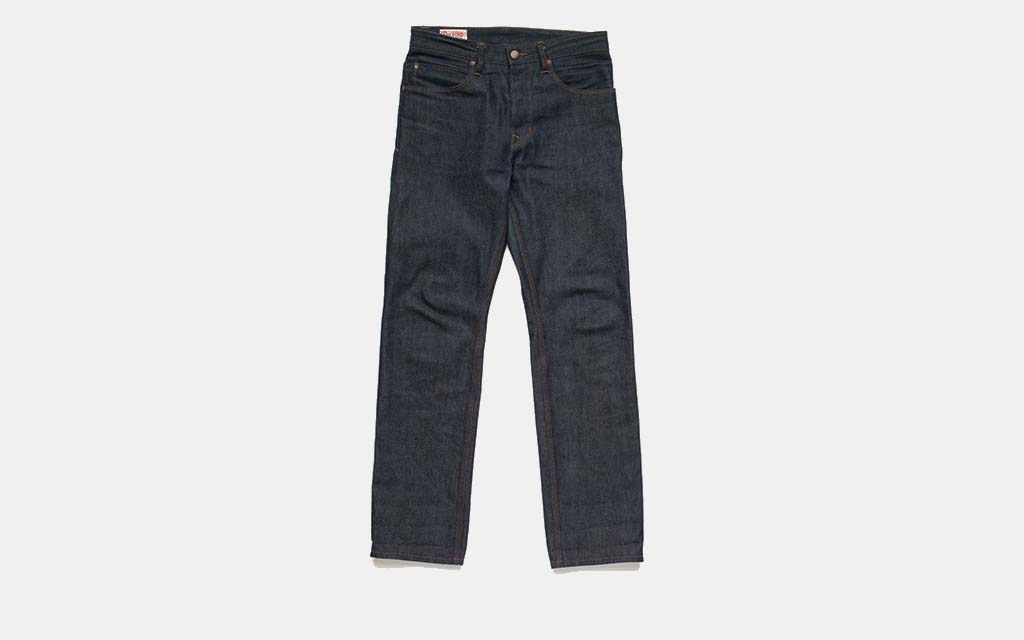
The Last Pair of Jeans You’ll Need: Freenote Cloth
Freenote denim is cut and sewn in L.A. by workers paid a fair wage in healthy conditions. “Most of our denim sales happen in the US and part of being environmentally friendly and sustainable is supporting your community,” says co-founder Andrew Brodrick. There’s also the fact that denim is a lower impact denim because it doesn’t get treated with water and doesn’t require frequent washing. They also make everything in classic cuts to ensure it won’t go out of style any time soon. “The least sustainable thing you own is the item you no longer use,” says Brodrick.
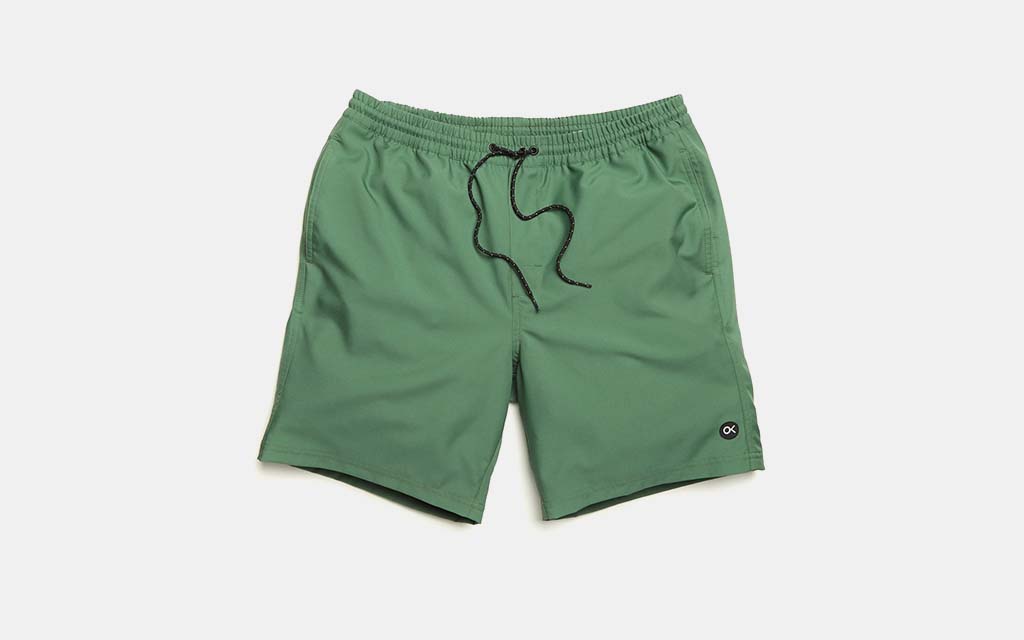
The Your-Trash-Is-Our-Treasure Clan: Outerknown & CLAE
It makes sense that a surfer would want to rid the ocean of plastic. Kelly Slater has managed to find a way to do this fashionably by using recycled plastic and old fishing nets as fibers for his line of board shorts and outer layers. Clae uses renewable energy in its manufacturing sites (which are here in L.A.) and is about to start making shoes with Seaqual, which collects and reprocesses plastic found in the ocean.
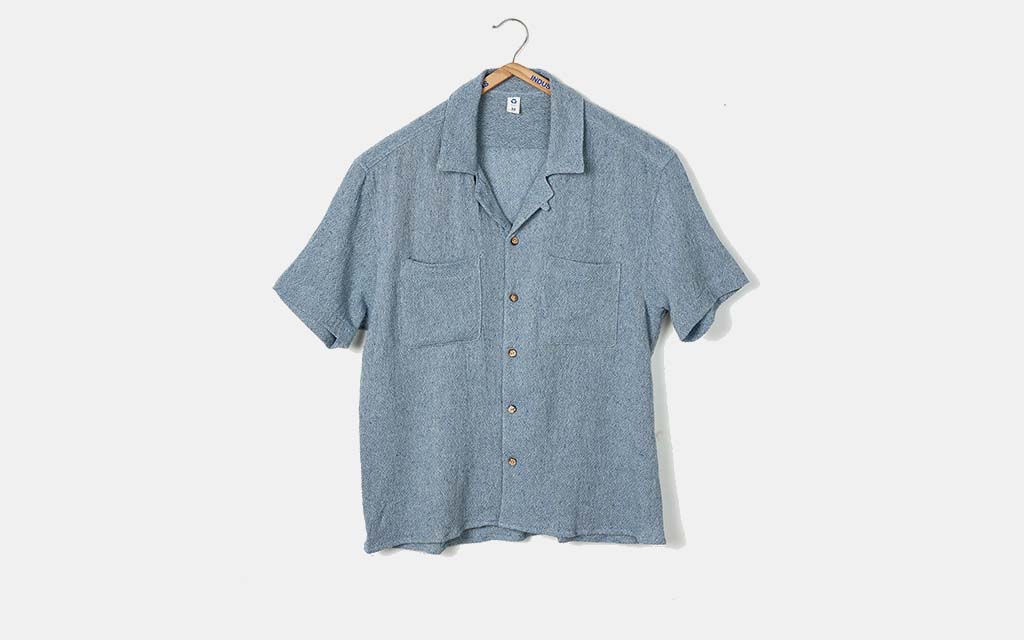
The Upcyclers: Industry of All Nations
Industry of All Nations works with artisans and makers in villages throughout the world, paying them fair wages and ensuring the work conditions are healthy. They’re very transparent about their process. Their new line focuses on upcycling scraps from factories for products like camp collar shirts. They also do Bermuda shorts made from coconut shells. “The fabrics aren’t the only things made from waste,” explains IOAN cofounder, Juan Diego Gerscovich. “The buttons on the Work Jackets are hand-carved out of horns sourced from local meat processing plants. Because we only use natural, biodegradable materials, what’s leftover is used as compost to grow specialty coffee in the highlands of Guatemala.”
This article was featured in the InsideHook LA newsletter. Sign up now for more from the Southland.
